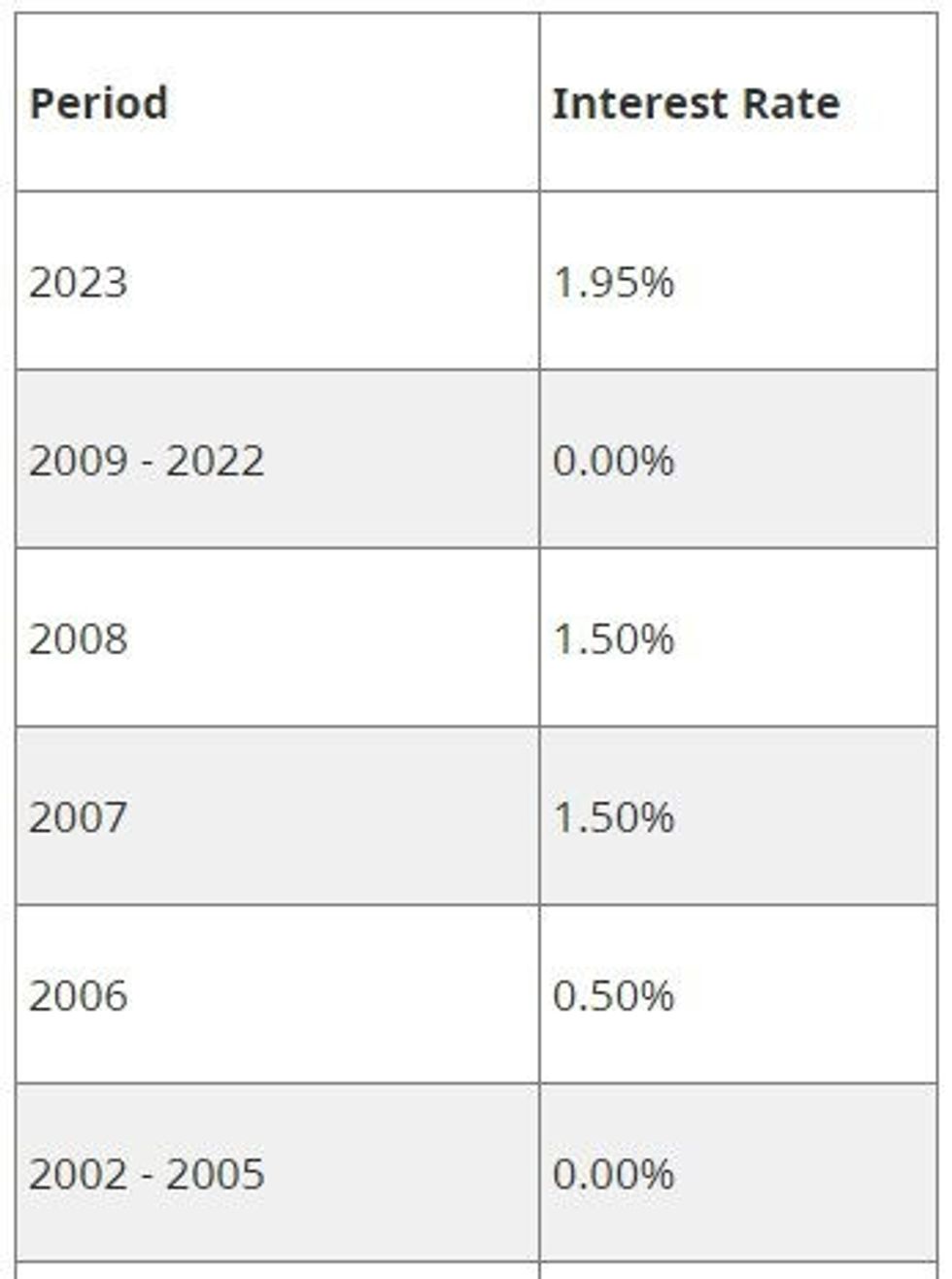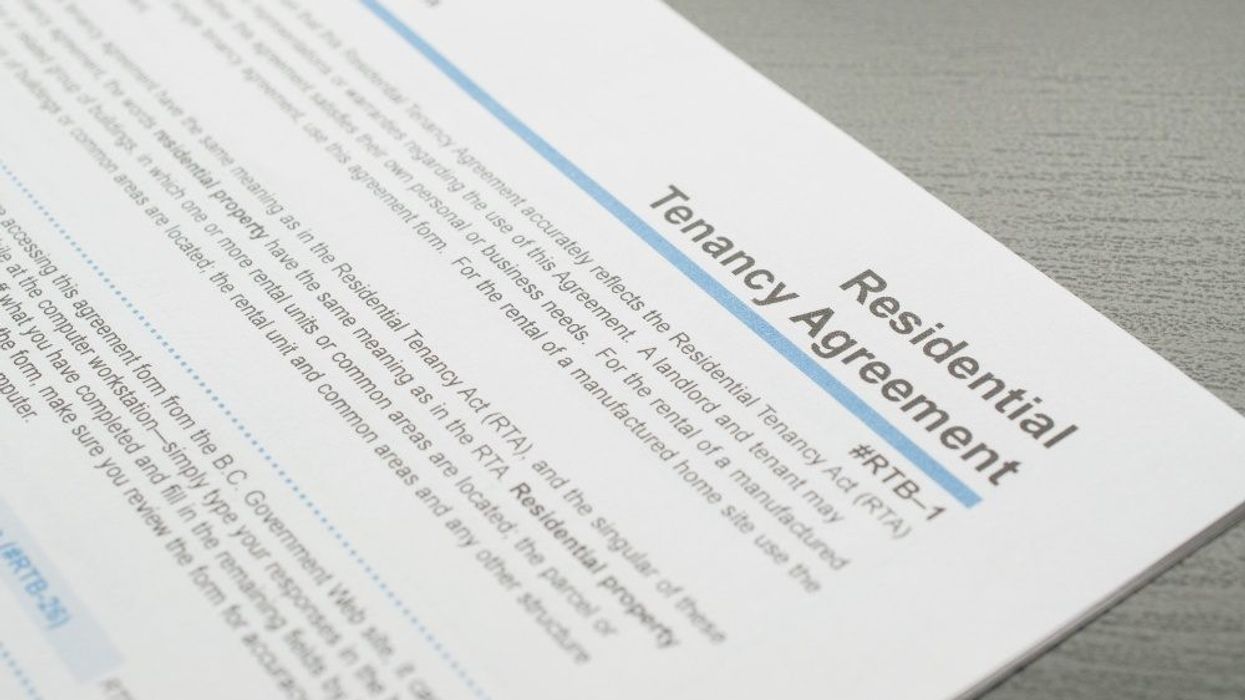Rising interest rates have been the topic du jour for almost a year now and, in most cases, they tend to hurt the average consumer. In BC, however, there is one place where rising interest rates could work out in your favour this year: on security and pet damage deposits paid to landlords.
Don't be embarrassed if you didn't know this was a thing, though, as interest on deposits have not had to be paid out to renters in BC since 2008, which was probably a full stage of your life ago.
How Deposits Work
As renters likely know, BC's Residential Tenancy Act outlines two kinds of deposits: security deposits and pet damage deposits.
Security deposits -- sometimes referred to as damage deposits -- are a sum of money that renters pay to their landlords at the beginning of their tenancy. That sum is usually half the amount of the monthly rent (and can be no more than that), and landlords hold on to the deposit until the tenancy is ended.
When a tenancy is ended, landlords and renters inspect the unit together, identifying whether there is any damage to the unit that wasn't previously noted at the beginning of the tenancy.
If new damage that wasn't originally there -- or isn't the result of "reasonable wear and tear" -- is found, a sum will be deducted from the deposit before it is returned to you. If there is disagreement during that process and the issue cannot be settled privately, then the two parties have to take their case to the BC Residential Tenancy Branch, located on Kingsway in Burnaby near Metrotown.
Pet damage deposits are the same, except specific to damage caused by pets, which may or may not apply to some renters, depending on whether the building allows pets, and can be charged during your tenancy as well if the tenant gets a pet after the tenancy begins.

If no damage is found on either front, landlords are obligated to return the deposit in full by no later than 15 days after the tenancy ends, and depending on the economic conditions of the time, a landlord may be obligated to return the deposit to you with interest, on all deposits received after December 1, 1974.
How Interest On Deposits Work
Under the regulations of the Residential Tenancy Act, the rate of interest that is payable to a tenant on a security deposit or pet damage deposit is "4.5% below the prime lending rate of the principal banker to the Province on the first day of each calendar year."
On January 1, 2023, the prime lending rate was 6.45%, which means the rate of interest on deposits in 2023 is 1.95%.
The rate for the entire year is set on January 1, so it doesn't matter that the prime lending rate has been above 4.5% at several points in the past few years, because the last time it was above 4.5% on January 1 was in 2008, when it entered the year at 6%, which resulted in an interest rate on deposits of 1.50%.

Here's an example of how to calculate the interest you're owed:
Monthly Rent: $2,000
Security Deposit: $1,000 (Half of monthly rent)
Date Landlord Received Deposit: January 1, 2023
Date Tenant Received Deposit Return: November 30, 2023
Days Landlord Held Deposit: 334 days out of the 365-day year, or 91.5% of the year
Rate of Interest: 1.95% (Set on January 1, 2023)
Interest Owed To Tenant: $1,000 x 0.9150 x 0.0195 = $17.84
Note that the interest is calculated based on the day the deposit was received by the landlord and the day it was returned to the tenant, rather than the dates the tenancy began and ended.
That means that if your tenancy ended on November 30, but your landlord did not return the deposit to you until December 5 (within the 15-day period), you get interest paid to you for those extra five days as well. (Hence, the calculation uses the number of days as a percentage of the year.)
If damage was found during the end-of-tenancy inspection, interest is calculated after the damage deductions, and like with other forms of interest, the interest on security deposits and pet damage deposits can compound on the anniversary of the date the deposit was received by the landlord.
For those who don't have a calculator handy, the BC Residential Tenancy Branch has a Deposit Interest Calculator available on their website.





















